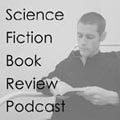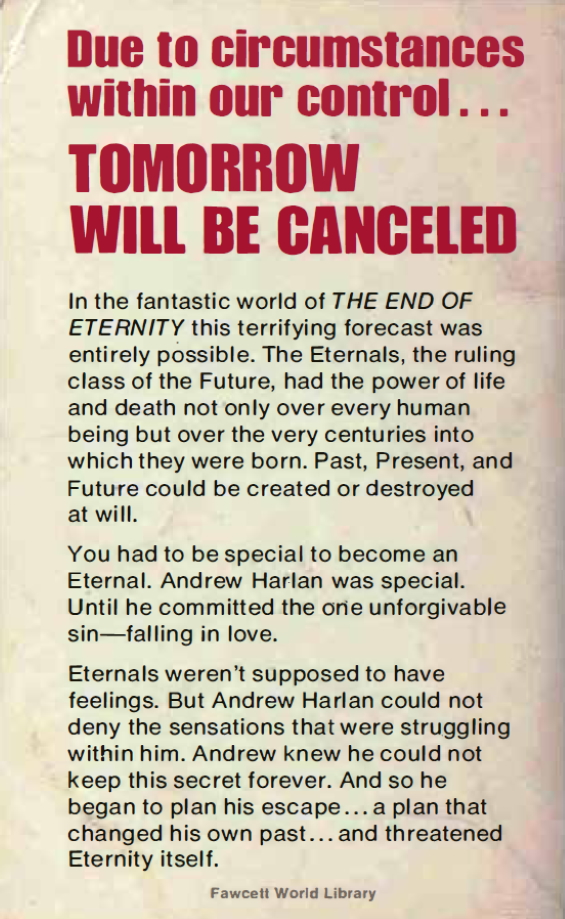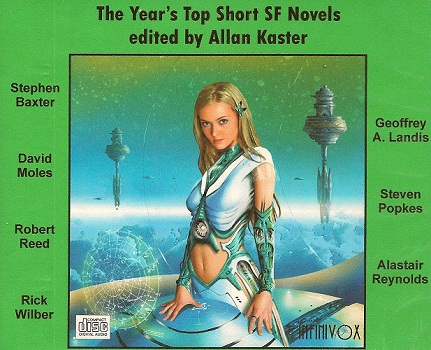
 The SFFaudio Podcast #169 – Jesse and Luke Burrage (from the Science Fiction Book Review Podcast) talk to audiobook narrator Jonathan Davis.
The SFFaudio Podcast #169 – Jesse and Luke Burrage (from the Science Fiction Book Review Podcast) talk to audiobook narrator Jonathan Davis.
Talked about on today’s show:
Not the Jonathan Davis of Korn, favourite audiobook narrators, Luke’s real job (juggling), how to become an audiobook narrator (or a professional juggler), acting, theatrical acting, voice over, New York, Testament by John Grisham, Brazil, Portuguese vs. Brazilian Portuguese, Gone For Soldiers by Jeff Shaara, long form narration, Snow Crash by Neal Stephenson, urban samurais and Aleutian assassins, binaural recording, The Shadow Of The Torturer by Gene Wolfe, The Windup Girl by Paolo Bacigalupi, London, Paris, Iowa City, Thailand, genetic engineering, Japan, accessory dogs, GMO food, graphic sex scenes in mid-juggle, Glamorama by Bret Easton Ellis, Zoolander, American Psycho, a 12 page sex scene, Star Wars, Genghis Khan And The Making Of The Modern World by Jack Weatherford, straight readings vs. impersonations, Yoda, Ewan McGregor, Liam Neeson, Luke re-edits Star Wars, alien languages, Calculating God by Robert J. Sawyer, When Gravity Fails by George Alec Effinger, Ian Mcdonald, North Africa, Egypt, Arab Spring, Bedouin, narration styles, straight narration vs. theatrical performance vs. cinematic narration, Michael Caine, scalpel vs. laser, Mike Resnick’s Starship series, voice based books, Star Trek, David Copperfield, Oliver Sacks, The Watchers by Jon Steele, Kirinyaga, The Scar by Sergey Dyachenko and Marina Dyachenko, Starship: Mutiny, Elinor Huntington, existential resonance, Harry Potter, conspiracy, dystopia, Ray Bradbury, Cool Air by H.P. Lovecraft, Starship: Rebel, no research, just fun, language, audiobooks as a collaboration between an author, a narrator and a listener, Walking Dead by Greg Rucka, espionage, comics, Neil Gaiman, Catch And Release by Lawrence Block, Hex Appeal, Jim Butcher, The Dresden Files, studio time, The Book Of The New Sun, “do your homework”, “suddenly revealed to be a Texan”, an Aleutian Rastafarian, Hiro Protagonist, Minding Tomorrow, revealing voices, American Gods, George Guidall, “the perfect audiobook experience”, Woden (aka Odin aka Mr. Wednesday), The Stand by Stephen King, reading with your ears, preferred narration styles, The Hundred Thousand Kingdoms by N.K. Jemisin, racism, Dune, Zoo City by Lauren Beukes, Johannesburg, South Africa, fantasy fiction shouldn’t have an American accent, Luke’s SFBRP review of The Scar, House Of Suns by Alastair Reynolds, an Arkansas accent, inner monologue vs. dialogue, the Sling Blade voice, Casaundra Freeman, audiobook narration is difficult, learning the characters over a series, George R.R. Martin, A.J. Hartley, Act Of Will, Will Power, working with authors, Cyteen by C.J. Cherryh, Book Of The Road, male and female narration, Gabra Zackman, Jonathan is the infodumper, Full Cast Audio, a one man show vs. theatrical collaboration, Scott Brick, Feyd-Rautha, a Jamaican brogue?, The Brief Wondrous Life of Oscar Wao, do you like computer games?, Max Payne 3, Tron, “that’s my neck fat”, Vladamir Lem, Armando Becker.
Posted by Jesse Willis










